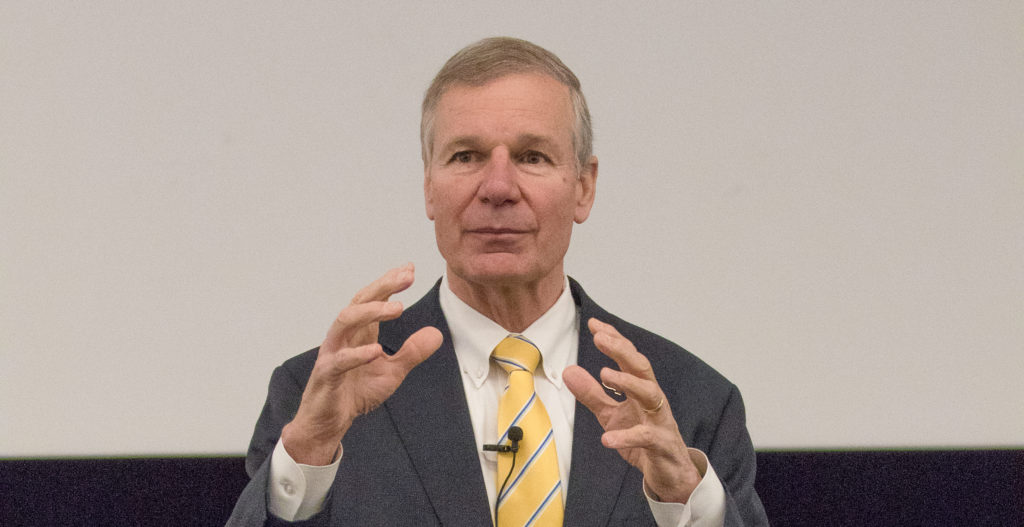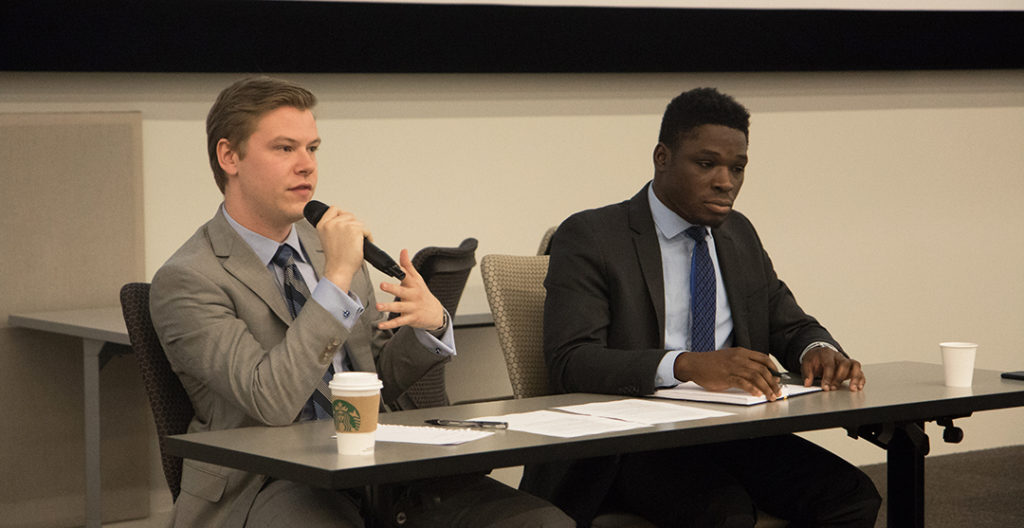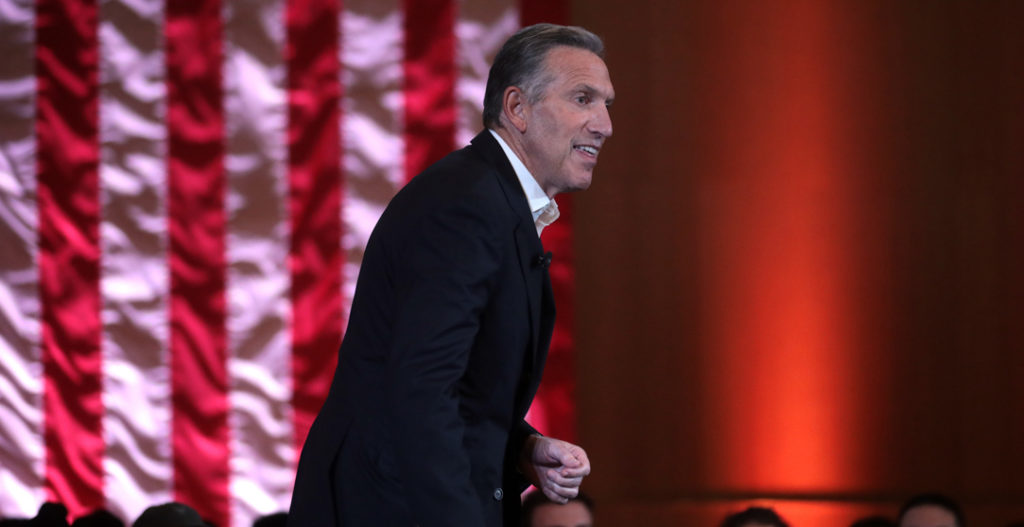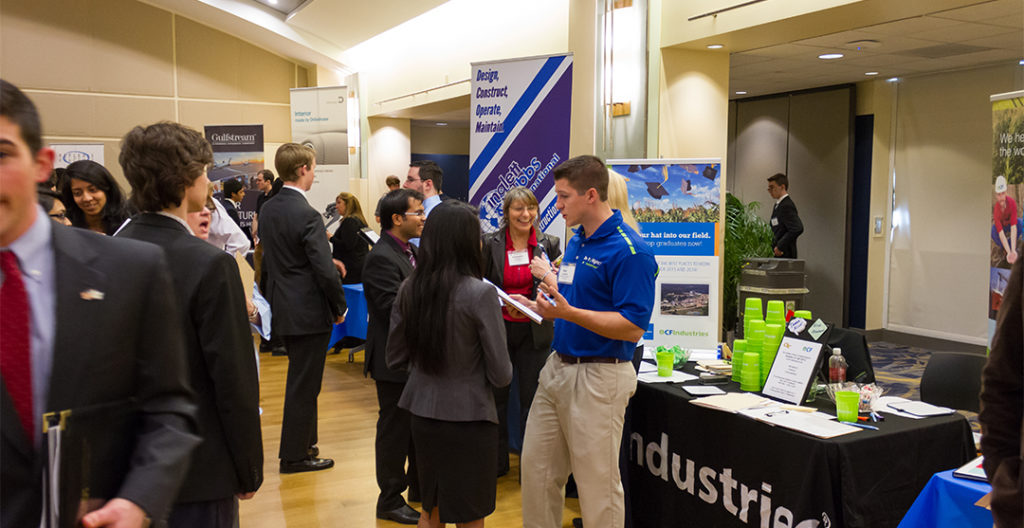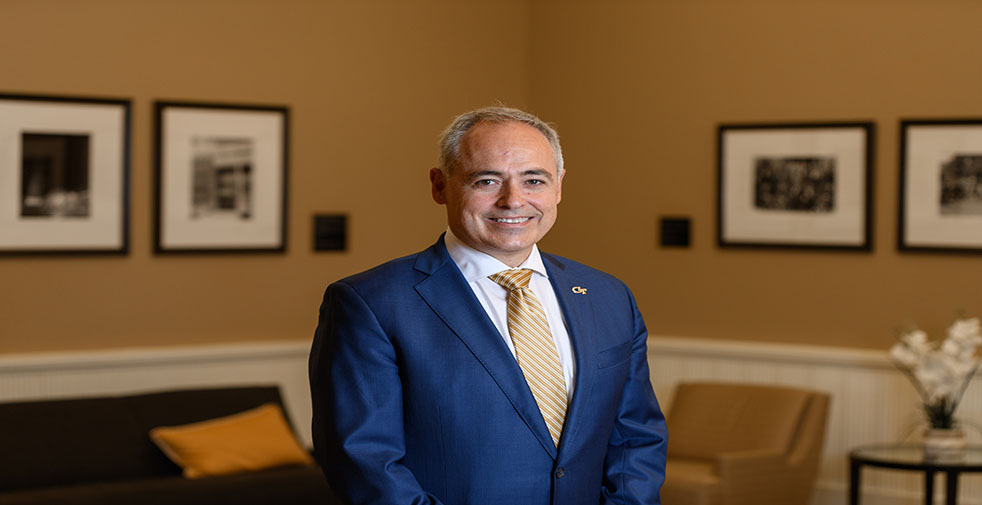
With the recent announcement of incoming President Ángel Cabrera, the Technique sees a valuable opportunity to use this watershed moment to speak to Dr. Cabrera and the administration collectively. Dr. Cabrera has had an impactful several years at George Mason University, with a proven record of increasing enrollment and graduation rate by multiple percentage points, and played a role in improving other metrics of student academic outcomes. George Mason’s SGA President has also fully endorsed Dr. Cabrera, citing his competency and commitment to driving change.
In the same vein of being mission-focused and tangible, the student body of Georgia Tech would like to see the same approach applied to decisions regarding current pressing issues on campus, including improving visibility of administration activities, confronting issues head-on regarding the LGBTQ+ community, as well as data and privacy breach issues that have recently plagued the university. We hope Dr. Cabrera’s previous positive track record in addressing some of the transparency concerns held by the students and faculty of GMU translates to Tech, despite some concerns among students that the Presidential selection process itself lacked transparency. We remain cautiously eager to see his approach in addressing Georgia Tech’s own issues with transparency and ethics scandals and mending broken trust.
There is also an ongoing mental health crisis on campus that requires urgent and prompt attention. It is our hope that, as a person who has endured the rigors of Georgia Tech for two degrees and as a father of a recent Tech graduate, Dr. Cabrera might use his strong ties to the university to inform his decision-making and consideration of the well-being of students. We place our trust in Dr. Cabrera to continue to empower victims of sexual assault and misconduct to have their voices heard, acknowledged, and acted upon with momentum, as he has demonstrated by increasing staff numbers in GMU’s Title IX office.
At the same time, we feel it is important to note that students are not simply statistics to improve upon. While we are always excited about innovative industry partnerships, ground-breaking research, and contracted projects, these achievements by the university all seem like empty headlines without contextualizing them in terms of benefits to students. Past Presidents have largely prioritized the institution over students – but what is the job of the President, if not to serve the student body, first and foremost? As the voice of the student body, we encourage students themselves to effectively “set the direction” for the next generation of Tech students. It is equally our responsibility as students to show Dr. Cabrera and the ensuing administration what change needs to be enacted, and what is truly important to students and faculty. Only then can we forge a path forward that is productive and meaningful to all parties involved.

